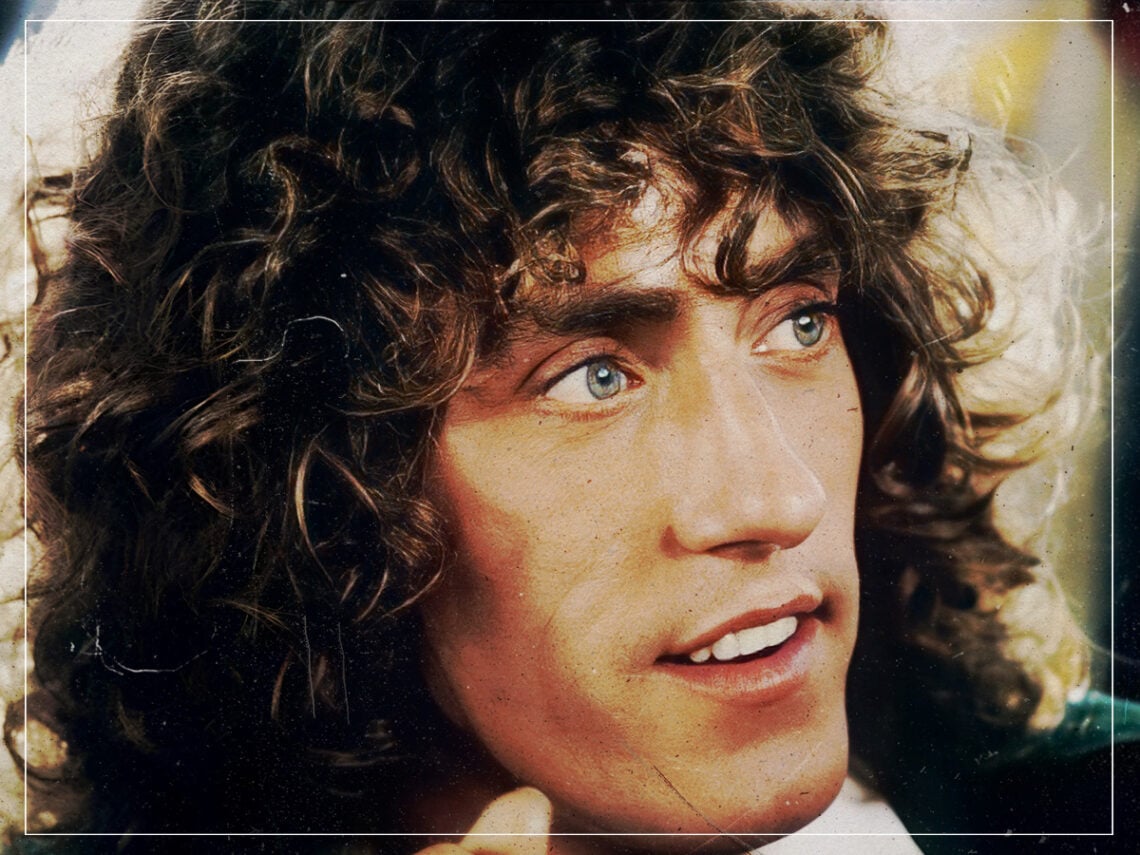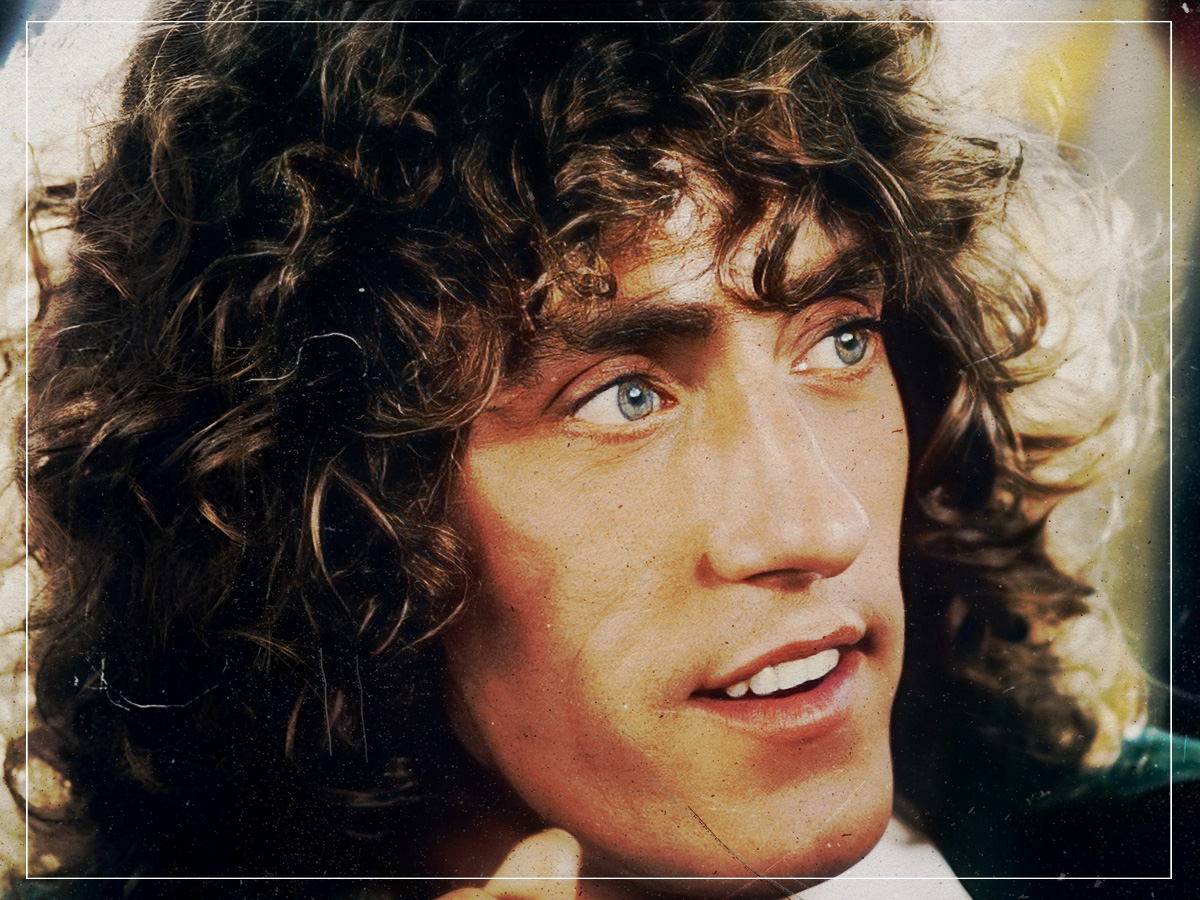
(Credits: Far Out / Alamy)
Mon 8 September 2025 16:00, UK
If the musical riches of 1971 had a soundtrack, it might just be ‘Baba O’Riley’ by The Who.
In that synthesised introduction, it almost sounds as though we’re walking through a vortex, where the 1960s domination of The Beatles is waved goodbye, and what awaits us, straight ahead, is mass experimentation. In what is potentially the greatest year in all of music, The Who stretched the realms of possibility with this song, blending expansive experimental rock with humble social commentary.
In any other year, this may have been the song of the cycle. The one that stood out above the rest and burned in the memories of music fans. But in 1971, it was merely a byproduct of the widespread genius. This brand new idea of groove-laden heavy metal was introduced to us via Black Sabbath’s Paranoia, Gil Scott-Heron laid the foundations of hip-hop with ‘The Revolution Will Not Be Televised’ and all the while, Marvin Gaye was preparing the release of arguably the greatest album of all time: What’s Going On.
As great as these works may have been in 1971, it wasn’t actually the basis of inspiration for The Who, well, Roger Daltrey in particular. While it’s widely known that Pete Townshend was the brains behind the operation, pulling obscure and diverse influences from all over, Roger Daltrey was no slouch. His performative and melodic quality was steeped in a deep understanding of musical arrangement and so it comes as no surprise as to where he pulls his influence.
Harry Nilsson’s Nilsson Schmilsson was truly one of the great records of that year, foregounded the simple impact of a well put together melody. And it was something that stuck for Daltrey, who labelled, ‘Without You’ as one of his favourite songs of the decade.
“There is something about this song that really melts me. Harry was one of the best songwriters out there, the production on this record is extraordinary, such a great sound.”
Daltrey continued on to explain how Nilsson was “a great talent” and “a very funny guy”, the latter was an attribute he used to feed into his music, packing it with the sort of character that mirrored his own personality. There was an intimacy that contradicted Daltrey’s own style, but it was something he undoubtedly took and fed into his own performance, further understanding how personality and performance mix.
But the art of performance alone, well, Daltrey had that dialled. He was a charismatic performer whose powerful voice rivalled that of his rock and roll, and soul counterparts. But one singer he was more than happy to let have his number was Tina Turner, whose song ‘Nutbush City Limits’ makes up another of his all-time 1970s favourites, with Daltrey simply stating, “I just love the energy of this record. Tina, what a performance.”
Alongside those two songs, sits a more unlikely hit in ‘Dream Weaver’ by Gary Wright. While Daltrey and The Who were masters of grand soundscapes, using the synthesiser to dramatic effect, they hadn’t quite found the nuance they believed Wright was showcasing on this song.
“I loved the sound of his voice but it was also kind of the first time I’ve heard a synth being used in a way that kind wasn’t all over it, but kind of gave the whole track a different feeling” Daltrey said of the track, which came out four years after The Who’s synthesised classic, ‘Baba O’Riley’.
Related Topics

